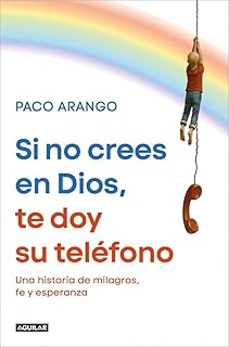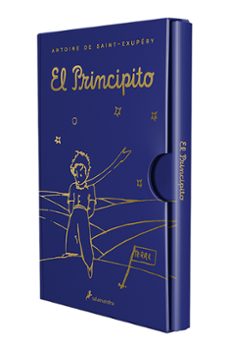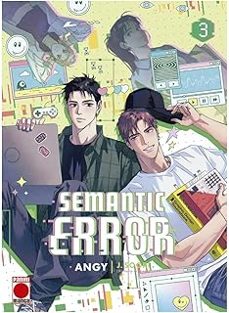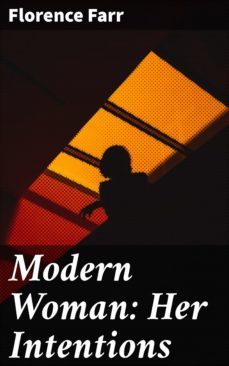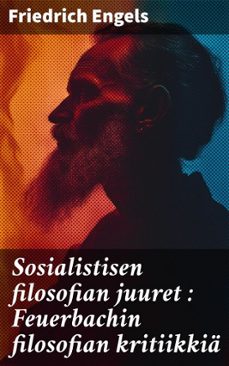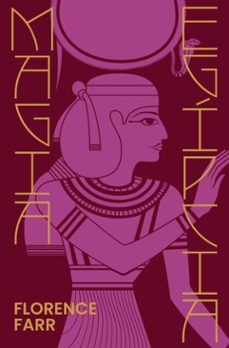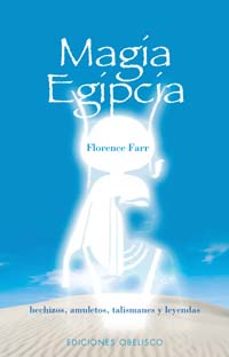Imprescindibles
Más vendidos Libros más leídos eBooks más leídos Todos los libros Todos los libros Autores destacados Series y sagas
Recomendados Libros recomendados Autores destacados Libros que inspiran Vidas con historia LGTBIQ+ English books
Ficción
Literatura Contemporánea Estudios literarios Clásicos Cuentos Poesía Teatro Libros de bolsillo Sagas literarias
Géneros literarios Novela romántica y erótica Novela negra Novela histórica Narrativa fantástica Novela de ciencia ficción Novela de terror Narrativa de humor Narrativa de viajes
No Ficción
Ciencias y tecnología Biología Ciencias Ciencias naturales Divulgación científica Informática Ingeniería Matemáticas Medicina Salud y dietas Formación Idiomas Estilo de vida Libros de Cocina Guías de viaje Narrativa de viajes Deportes Libros de Juegos Manualidades
Humanidades Autoayuda y espiritualidad Ciencias humanas Derecho Economía y Empresa Psicología y Pedagogía Filosofía Sociología Filología Biblioteconomía Estudios filológicos Estudios lingüísticos Estudios literarios Historia y crítica de la Literatura
Infantil
Juvenil
#Jóvenes lectores Narrativa juvenil Clásicos adaptados Libros Wattpad Libros Booktok Libros de influencers Libros de Youtubers Libros Spicy Juveniles Libros LGTBIQ+ Temas sociales Libros ciencia ficción Libros de acción y aventura Cómic y Manga Juvenil Cómic Juvenil Manga Shonen Manga Shojo Autores destacados Jennifer L. Armentrout Eloy Moreno Nerea Llanes Hannah Nicole Maehrer
Libros de fantasía Cozy Fantasy Dark academia Hadas y Fae Romantasy Royal Fantasy Urban Fantasy Vampiros y hombres lobo Otros Misterio y terror Cozy mistery Policiaca Spooky Terror Thriller y suspense Otros
Libros románticos y de amor Dark Romance Clean Romance Cowboy Romance Mafia y amor Romance dramatico Romcom Sport Romance Otros Clichés Enemies to Lovers Friends to Lovers Hermanastros Slow Burn Fake Dating Triángulo amoroso
Cómic y Manga
Novela gráfica Novela gráfica americana Novela gráfica europea Novela gráfica de otros países Personajes, series y sagas Series y sagas Star Wars Superhéroes Cómics DC Cómics Marvel Cómics otros superhéroes Cómics Valiant
Audiolibros
Literatura Contemporánea Narrativa fantástica Novela de ciencia ficción Novela de terror Novela histórica Novela negra Novela romántica y erótica Historia Historia universal
Humanidades Autoayuda y espiritualidad Ciencias humanas Economía y empresa Psicología y pedagogía Filosofía Infantil Audiolibros infantiles
Ciencia y tecnología Ciencias naturales Divulgación científica Medicina Salud y dietas Arte Cine Música Historia del arte
eBooks
Literatura Contemporánea Narrativa fantástica Novela de ciencia ficción Novela de terror Novela histórica Novela negra Novela romántica y erótica Juvenil Más de 13 años Más de 15 años Infantil eBooks infantiles
Humanidades Autoayuda y espiritualidad Ciencias humanas Economía y Empresa Psicología y Pedagogía Filosofía Historia Historia de España Historia Universal Arte Cine Música Historia del arte
Ciencia y tecnología Ciencias naturales Divulgación científica Medicina Salud y dietas Filología Estudios lingüísticos Estudios literarios Historia y crítica de la Literatura Estilo de vida Cocina Guías de viaje Ocio y deportes
FLORENCE FARR
Recibe novedades de FLORENCE FARR directamente en tu email
Filtros
Del 1 al 4 de 4
Good Press 4064066427672
In "Modern Woman: Her Intentions," Florence Farr presents a compelling examination of the evolving role of women in early 20th-century society. Through a blend of poignant essays and insightful reflections, Farr addresses the social, political, and cultural movements shaping womens identities, particularly in the wake of suffrage and burgeoning feminist ideologies. Her literary style is characterized by a blend of eloquence and critical analysis, tapping into contemporary debates while drawing on historical context, making the text both a product of its time and a forward-thinking discourse on gender equality. Florence Farr, a prominent figure associated with the British literary circle and theosophical society, was deeply influenced by her personal experiences and the intellectual milieu of her time. As an actress, playwright, and lecturer, she engaged with the burgeoning feminist movement and sought to explore the complexities of female agency. Farrs background in theatre and her connections with leading cultural figures imbued her writing with a unique depth, allowing her to articulate the untold stories and aspirations of modern women effectively. This book is a must-read for those interested in gender studies, feminist literature, and the evolution of societal norms. Farrs astute observations encourage readers to reflect on womens roles and the broader implications of their aspirations, making it an essential addition to any scholarly collection.
Ver más
eBook
Good Press 8596547866480
In "The Dancing Faun," Florence Farr melds elements of symbolism and modernist literary techniques to explore the thematic intricacies of desire, transformation, and the quest for identity. Set against a backdrop that fluctuates between the mystical and the sensual, the narrative follows its protagonist as she encounters the transformative power of love and the allure of artistic expression. Farrs lyrical prose is imbued with rich imagery, inviting readers to probe the intricate relationships between art, nature, and the human psyche, reflective of her broader engagement with the fin-de-siecle search for meaning in a rapidly changing world. Florence Farr was an influential figure within the London literary scene and a notable member of the Hermetic Order of the Golden Dawn. Her involvement in mysticism and the occult greatly informed her literary work, encouraging a deep engagement with themes of spirituality and the unconscious. Having written plays and essays that often traversed the boundaries between the metaphysical and the expressive, Farr channels her expansive intellectual interests into this evocative narrative, offering a glimpse into the transformative power of both art and love. Readers drawn to literature that deftly intertwines the mystical with the everyday will find "The Dancing Faun" an essential addition to their collection. It invites contemplation on the nature of existence and creativity, all while providing a beautifully crafted narrative rich in emotional depth. This book promises to resonate with those who appreciate a blend of modernism and symbolism in an exploration of personal and artistic metamorphosis.
Ver más
eBook
Ajna Editora 9786589732419
Clássico do pensamento esotérico, este livro é leitura essencial tanto para estudiosos quanto para curiosos e buscadores que desejam desvendar os mistérios que atravessaram os séculos e ainda hoje ecoam em nossa herança cultural e espiritual.Para os antigos egipcios, a magia no era superstiço nem mero artificio: tratava-se de uma força vital, intrinsecamente ligada a ordem cosmica, a espiritualidade e a vida em comunidade. Seus rituais iam muito alem da simples proteço contra forças hostis deste ou do outro mundo, constituiam um elaborado sistema de canticos, formulas e cerimonias capazes de convocar divindades e movimentar as energias ocultas do universo.Entre papiros, hinos e simbolos sagrados, Florence Farr transporta o leitor por uma viagem reveladora aos segredos da magia egipcia, apresentando seus fundamentos e desvelando a influencia duradoura dessa tradiço sobre correntes misticas posteriores, como o gnosticismo.
Ver más
eBook
EDICIONES OBELISCO S.L. 9788477209119
Para los antiguos egipcios el mundo estaba lleno de magia. Egipto era el país de la magia y de los magos. Fundamentada en una concepción cosmológica y astrológica del mundo, la magia marcaba toda la vida social de los antiguos egipcios. No se trataba tan solo de magia protectora contra las fuerzas enemigas de este mundo o del otro, sino tambien de metodos y canciones de poder para evocar a los dioses y a las fuerzas ocultas. Magia y religion convivian en Egipto en un perpetuo romance que se iniciaba en este mundo y continuaba en el Mas Alla. En el presente libro Florence Farr repasa la ciencia, la filosofia y la magia en el Antiguo Egipto a traves del estudio de sus papiros, leyendas y mitologia, incluyendo un estudio de la magia entre los Gnosticos.
Ver más
Tapa blanda
Del 1 al 4 de 4









